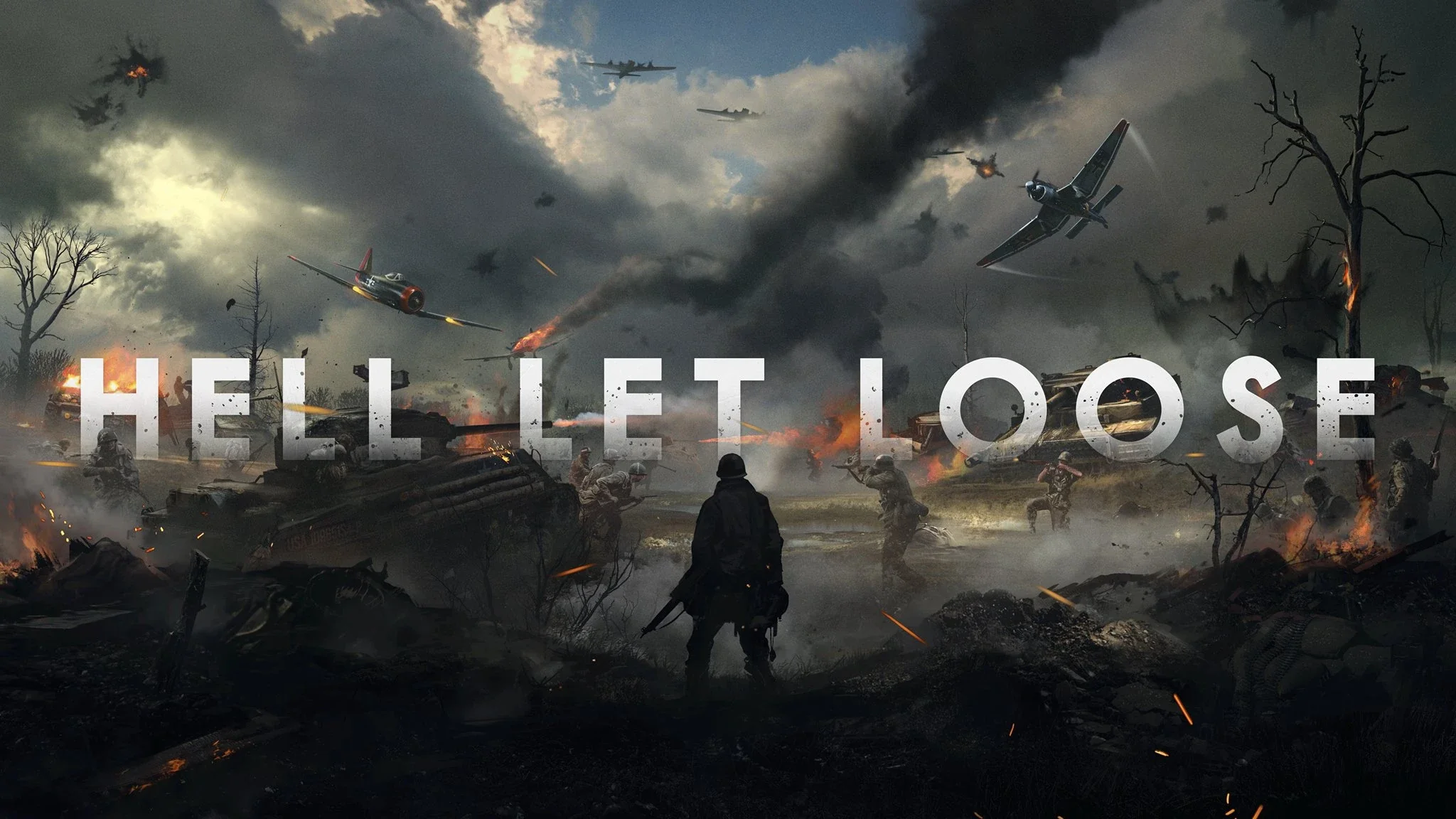Regulating the Gaming Industry
2017 was the year that microtransactions, loot boxes and other egregious business models common to gaming finally came to the attention of the mainstream. The debacle that surrounded the launch of Star Wars: Battlefront II finally dragged this matter into the limelight and subsequently put in on the radar of various global, legislative and regulatory bodies. The genie is now well and truly out of the bottle and it’s now a question of waiting to see what happens next. I suspect that the EU may likely be one of the first regions to tackle the issue and that it may well be the mobile game industry that is first to fall upon its sword. If there’s a change in government in the UK, then there is scope for matter to be tackled here. There is already a strong lobby against current gambling legislation and it doesn’t take much of an imagination to envisage a tabloid led campaign against the iniquities of smartphone game addiction and it’s pay-to-win culture. Then there’s the issue of virtual items resold for real money via auction websites and the question of whether loot boxes are or are not gambling. Apples recent statement about games publicly declaring the odds of winning in advance, shows that the world is indeed slowly turning against this business model.
Therefore, I welcome in principle the idea of sensible, measured regulation of this aspect of the game industry, seeing it as a logical extension of existing consumer legislation that protects the public. I suspect that the major game publishers will not see it this way and would not be surprised to see an army of lawyers mobilised to slow and impede the process. There is also the risk that this matter will get tackled by the worse sort of politicians in the most knee-jerk fashion, like the UK Video Recording Act of 1984. If that is the case, then the fallout could be quite substantial and could lead to some studios closing down or games being unavailable in some regions. Certainly, we may well see the implosion of triple A gaming as we currently know it, as developers struggle to generate what they see as a satisfactory return on investment. However, for every bloated tired and lazy big budget game, there are dozens of smaller, innovative and original titles. It can be cogently argued that a major industry shakeup would in the long term instigate a return to focusing on creativity, rather than following “established” trends. It is also not unrealistic to imagine that such a transitionary period would be met with a great deal of hyperbole, hysterics and bile from certain quarters of the fan community.
When political and economic change threatens the status quo, those with a vested interested will always reach for the worst possible scenario as a means to try and derail the process. For example, whenever tax avoidance comes under public scrutiny, companies such as Starbucks always imply that if the financial climate turns against them they’ll withdraw from the UK. I’ve always considered this argument rather puerile and similar to the child who threatens to take their ball home, if they can’t win. If the triple A game industry vanished overnight, we would not find ourselves in a world devoid of quality titles. Smaller, smarter and more importantly more ambitious companies would simply step in and fill the gap. Some franchises may well go to the wall only to be replaced by other comparable but more economically viable products. Hellblade: Senua's Sacrifice by Ninja Theory rather succinctly proved that you can produce a triple A equivalent game without the associated season pass, DLC and bloated cost. Therefore, I am cautiously optimistic regarding what lies ahead. Change can be painful and there may be some to be endured while the industry adapts. But as a blogger with a more than passing interest in games, I suspect that happens next will certainly provide numerous talking points and material to write about along the way.




























